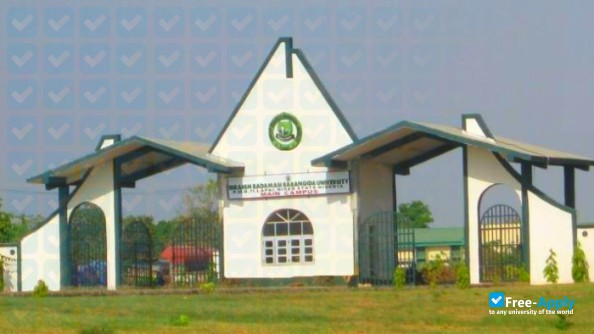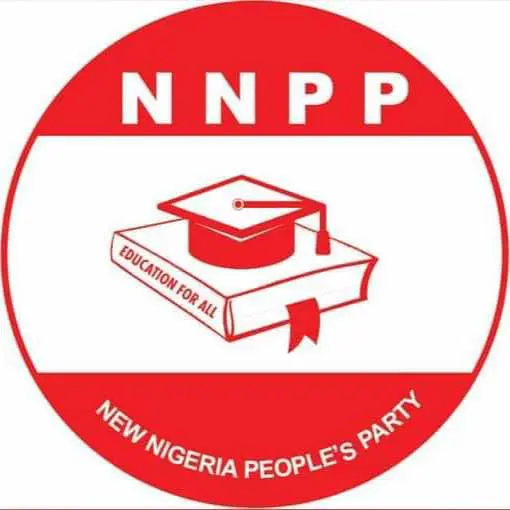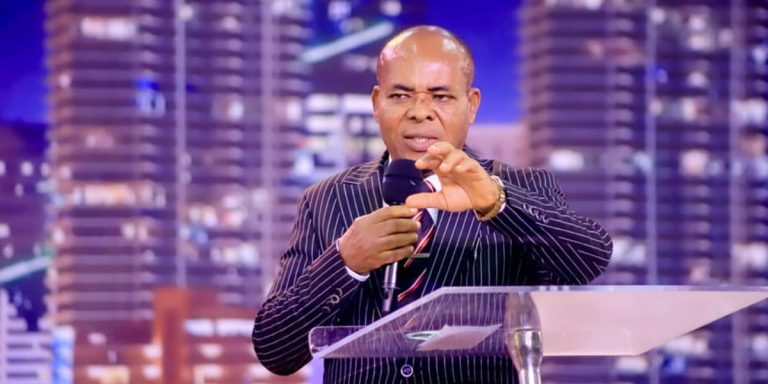Amidst the 2024 election season in Africa, the re-election of President Azali Assoumani to a fifth term has sparked violent protests and accusations of electoral fraud in Comoros. President Assoumani’s opponents have vehemently rejected his victory, triggered by a dismally low 16.3% voter turnout.
The atmosphere in Moroni, the capital of Comoros, has been tense, with outbreaks of violent protests against the election results, prompting the government to impose a night-time curfew and deploy the army on the streets. The United Nations Commissioner for Human Rights has appealed for calm and restraint in handling the protests.
The losing presidential candidates issued a joint statement characterizing Comoros as being in an “insurrectionary situation,” fueled by the youth’s indignation over the perceived rigging of President Assoumani’s victory. They have called for nationwide protests following the election.
The unrest ensued after the Independent National Electoral Commission (CENI) declared Assoumani as the winner with 62.97% of the votes in the first round, circumventing the need for a run-off election. Notably, the voter turnout of just 16.3% has raised serious concerns, casting doubts on the legitimacy of the election.
Opposition figures have raised questions about the surprising voter turnout, especially considering the significantly higher participation in the simultaneous vote for the three island governors. These discrepancies have fueled suspicion of electoral malpractice, deepening the crisis of confidence in the electoral process.
Despite the contentious election, international observers from the African Union (AU) and the International Organisation of the Francophonie have characterized the polls as peaceful and transparent, urging all parties to work towards improving future elections and healing the political divisions in the country.
President Assoumani’s democratic credentials have been called into question, given his history of seizing power in a military coup and amending the constitution to extend presidential term limits. His opponents have vowed to challenge the election results in court, although skepticism remains about the court’s impartiality.
The contentious nature of the electoral and political process in Comoros, coupled with the concentration of power in a multi-cultural nation with a history of coup attempts, poses a significant challenge to the country’s stability and democratic progress.
As the situation unfolds, the international community’s response to the election and its aftermath will be crucial in shaping the future of Comoros and upholding democratic norms in the region.



